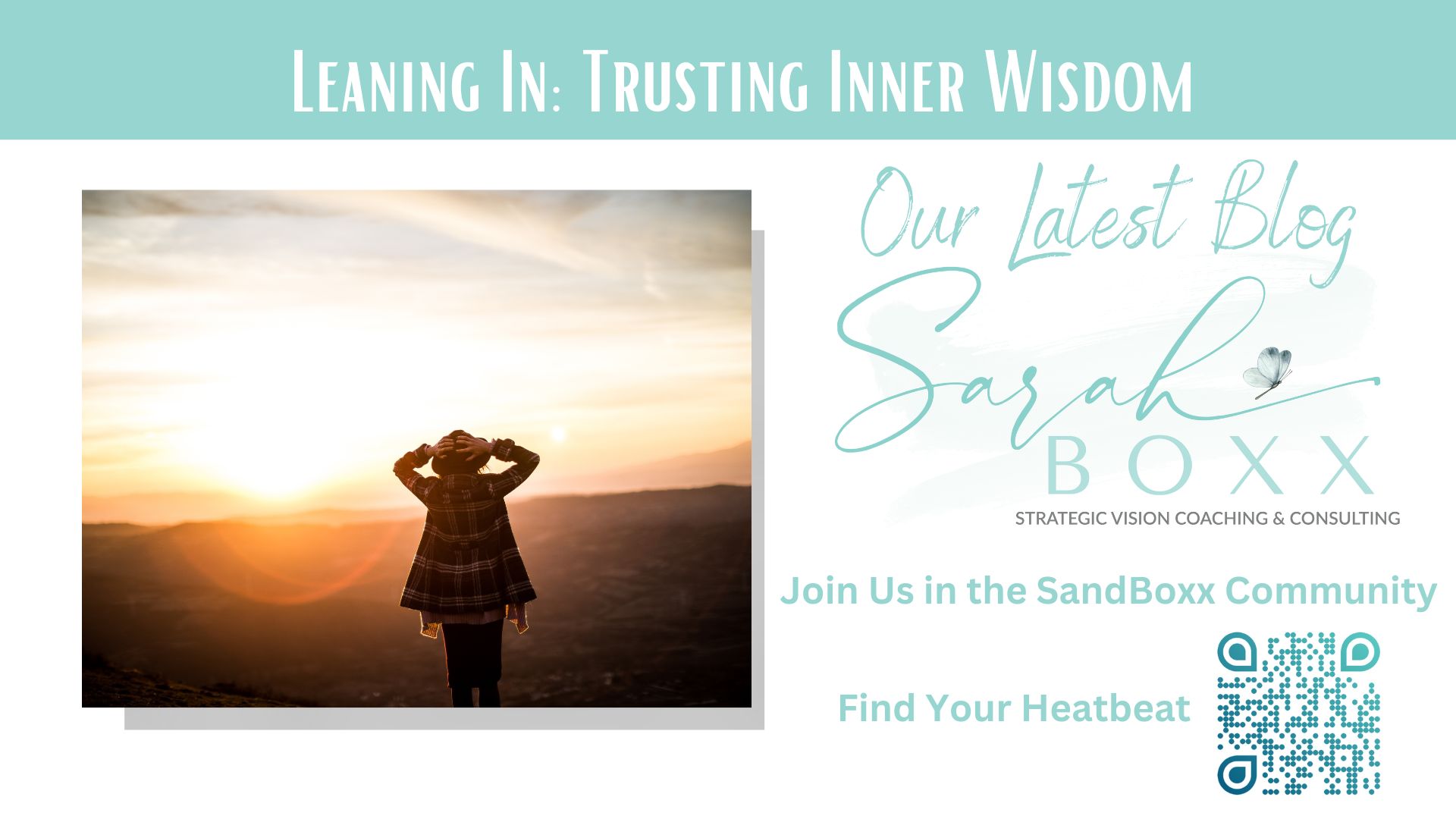So you’ve taken the Enneagram Assessment. Congratulations! Hopefully, you’re finding the personality insights provided helpful and informative. Perhaps you’ve even taken the leap and introduced this resource to others (your spouse, your work colleagues, good friends, etc.)
It’s no secret at this point that I’m a huge fan of Enneagram and consider it to be a valuable tool for both individuals and groups.
BUT – like any good tool, when used incorrectly, it can be downright dangerous.
Let me give you an analogy…
Consider a barbeque grill! These magnificent cooking tools are excellent for grilling a fine steak or roasting some veggies. But what if you tried to use your backyard grill for a different purpose? Like say, drying your clothes? You just throw those wet socks on there and see what happens!
As I’m sure you can imagine…the results would be disastrous.
The same can be true of personality assessments when implemented improperly. When it comes to the Enneagram Assessment specifically, there are a few key “no-no’s” you’ll want to be sure to avoid.
#1 – Your results are not your shield.
“I can’t help it! That’s just my type.”
Have you ever heard someone use these words to describe a particular habit or behavior? Perhaps you’ve said (or thought) a similar sentiment yourself?
The Enneagram is intended to help us better understand the nuances of our unique personality types. This includes predispositions towards certain habits or responses.
While it’s okay (and honest) to acknowledge certain trends or behavioral inclinations you possess, the Enneagram results are not meant to be a shield or excuse for your poor behavior or choices.
#2 – People don’t belong in boxes.
This happens ALL THE TIME in the personality assessment world. “What’s your type?” is a common question that comes up amongst fans of the Enneagram.
Sure, knowing someone’s type can provide some deeper insight into their personality. It can help you understand “how they tick.”
While it’s okay to have a natural curiosity about someone else’s type, it’s important to keep one essential truth in mind: We are more than just our personality type.
We must resist the urge to make assumptions about someone based on knowing their number. All you have to do is meet two individuals of the same Enneagram type to know that this is true.
(Ex: No two 9’s will present or behave in exactly the same ways.)
By placing people in these proverbial boxes, we limit their self-expression and ultimately inhibit our ability to know and appreciate the depths of their unique personhood.
#3 – Let Others Type Themselves.
We’ve all been there. After taking the Enneagram and learning your own type, it often leads to a natural and intense curiosity regarding the types of other individuals in your life.
It can be extremely tempting to guess the type of our close friends and loved ones.
“My husband is definitely a __________.”
“I’m sure my sister is a ___________.”
A word of advice: DON’T DO IT.
Why? There’s a high probability you will be wrong.
You see, unpacking an Enneagram type requires in-depth knowledge of the inner workings of someone’s heart and mind. It’s based on core fears, desires, and motivations. It’s impossible to truly and accurately know how someone else would feel internally in any given situation.
#4 – Don’t Use With Children.
Is personality type the result of nature or nurture? Honestly, probably a bit of both. We may have some biological predispositions toward certain personality traits, while others result from particular experiences we’ve had, typically during childhood.
Children simply have not had the time to fully form their personality type. Additionally, they lack the maturity and self-awareness to accurately identify and describe their innermost thoughts and movements.
These are skills that come with time and well, growing up a bit. For this reason, children should not attempt to take the Enneagram test before their teenage years at the absolute earliest. They must be old enough to complete the test independently.
Each of these are common pitfalls that pop up when using the Enneagram. Take it from me, friend, using the assessment results in these ways will truly do more harm than good.
Interested in learning more about how you CAN use the Enneagram results in a positive and effective way? Click here to learn about Enneagram coaching.
Article was contributed by: Maria Lees, Team Writer with Sarah Boxx




